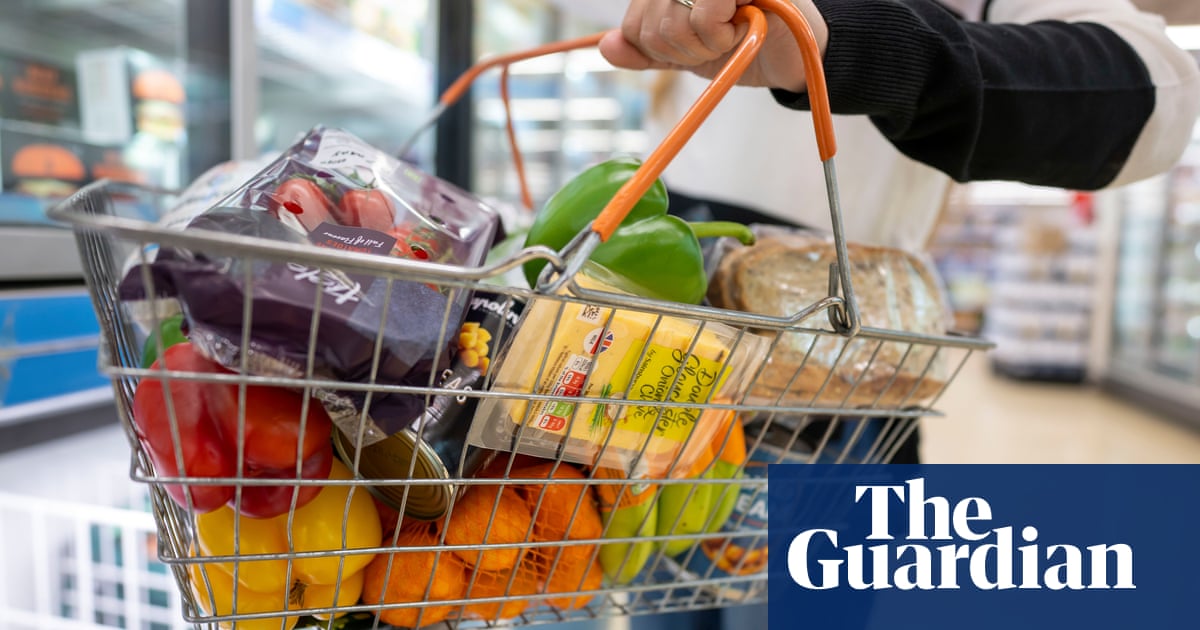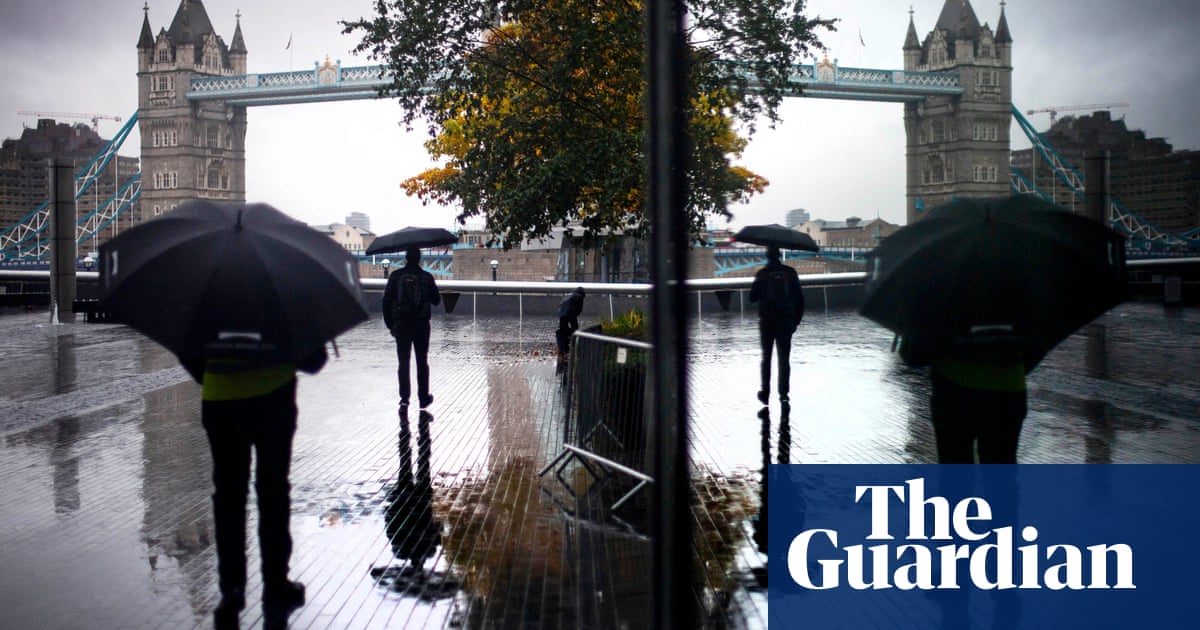
Price cutting by clothing and footwear retailers and cheaper electronic goods helped push down the annual rate of UK inflation by more than expected last month, from 2.5% to 2%, according to official figures.
The return of the traditional summer sales after the hiatus last year caused by the coronavirus pandemic was a factor in bringing the government’s main measure of the cost of living back to its target rate, the Office for National Statistics (ONS) said.
Smaller discounts were on offer in 2020 when retailers were seeking to maximise sales after the prolonged spring lockdown of the economy. The earlier easing of restrictions during 2021 has meant a more normal pattern of July bargains has resumed, although the 2% drop in the cost of clothing was smaller than the discounts recorded in pre-crisis years.
The ONS said there had also been a fall in the cost of recreation and culture, a category that includes computers, recording equipment, computer games, toys and package holidays.
The drop in consumer prices inflation – the first since February – was bigger than expected by economists polled by Reuters, who had pencilled in a drop to 2.3%. Core inflation, which strips out energy, food, tobacco and alcohol, dropped from 2.3% to 1.8%.
The Bank of England believes the respite is likely to be temporary and is forecasting an inflation rate of 4% by the end of the year.
Separate ONS data for producer prices, measuring the cost of goods leaving factory gates, indicted that businesses are being hit by higher fuel and raw material costs, paving the way for higher prices for consumers. Industry’s input prices rose by 9.9% in the year to July, up from 9.7% in June, while output prices rose by 4.9%, up from 4.5%.
The deputy national statistician for economic statistics at the ONS, Jonathan Athow, said: “Inflation fell back in July across a broad range of goods and services, including clothing, which decreased with summer sales returning after the pandemic hit the sector last year. This was offset by a sharp rise in the price of secondhand cars amid increased demand, following a shortage of new models.
“The differing patterns of movement restrictions across the last two years have affected headline inflation. Some of this month’s fall came from products and services, such as foreign travel, where real prices were used last year but have had to be imputed this year.”












